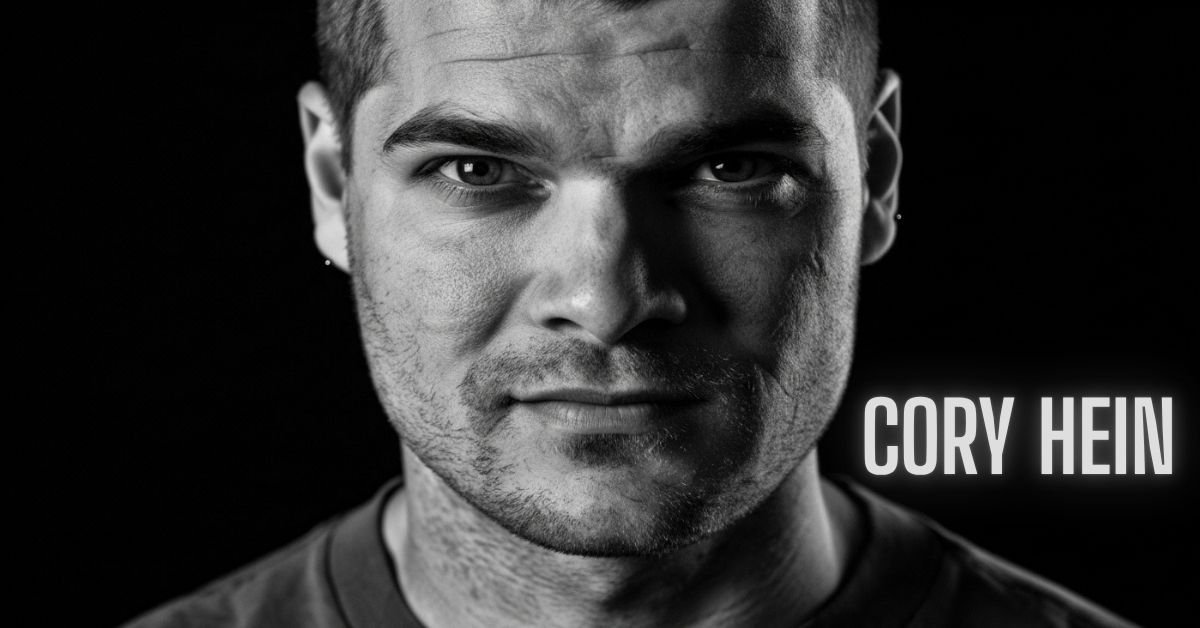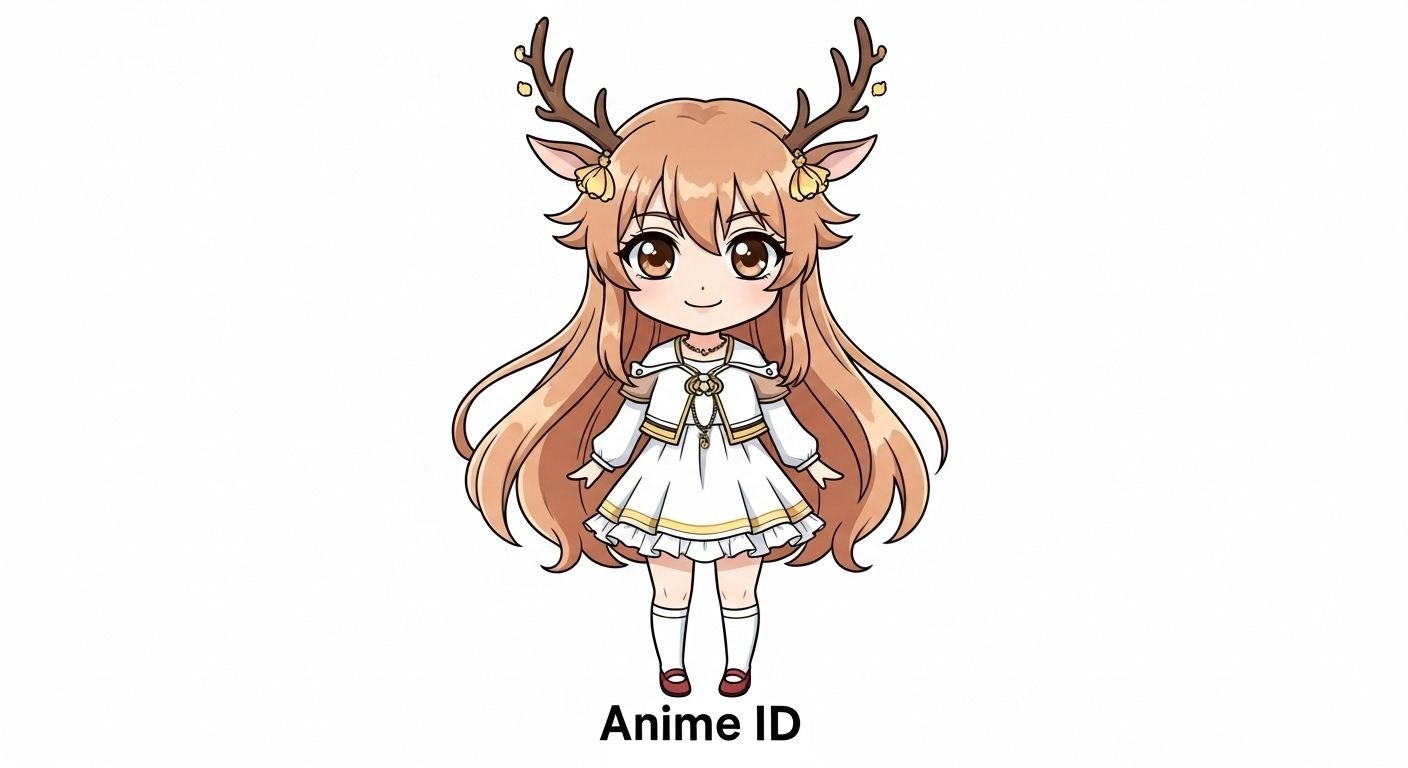Contents
- 1 Introduction
- 2 The Journey of Cory Hein
- 3 Innovation as a Core Principle
- 4 The Balance of Vision and Execution
- 5 Leadership Through Empowerment
- 6 Innovation in Practice: Comparing Traditional vs. Modern Leadership
- 7 Resilience in Times of Change
- 8 Building a Culture of Creativity
- 9 Leadership Lessons from Cory Hein
- 10 The Global Relevance of Hein’s Ideas
- 11 FAQs
- 12 Conclusion
Introduction
Innovation and leadership often define the difference between companies that fade and those that thrive. In today’s fast-moving world, leaders who embrace change, challenge norms, and inspire others to follow their vision stand out as the driving forces of growth. One name that frequently surfaces in conversations about modern leadership and transformative thinking is Cory Hein. His approach goes beyond traditional management and highlights how creativity and adaptability are no longer optional, but essential.
This article explores Cory Hein’s journey, his philosophy on leadership, and the ways his innovative mindset has shaped professional environments. More importantly, it uncovers how his ideas resonate with anyone seeking to make an impact—whether as a leader, entrepreneur, or forward-thinking professional.
The Journey of Cory Hein
Every leader’s story begins with experiences that shape their values, and Cory Hein is no exception. His early career was defined by curiosity, persistence, and a refusal to accept limitations. Instead of following a predictable path, he consistently sought opportunities to challenge the norm. These formative years not only taught him resilience but also reinforced the importance of taking calculated risks.
What separates Hein from many others is his ability to connect his personal journey to a broader vision. He understood that leadership was not about hierarchy but about influence. By taking on projects where innovation could shine, he gradually built a reputation as someone who could think ahead of the curve and inspire others to do the same.
His career growth was less about rapid leaps and more about steady, intentional progress. This approach revealed that lasting leadership is built not on quick wins but on sustainable practices and meaningful connections.
Innovation as a Core Principle
For Cory Hein, innovation is not just about creating something new—it’s about constantly improving what already exists. He has long emphasized that innovation thrives when people are encouraged to question assumptions and explore possibilities. Rather than seeing innovation as a luxury reserved for tech giants, Hein views it as a necessity for all organizations.
His belief aligns with the reality of the modern marketplace, where adaptability is key to survival. Companies that resist innovation often struggle to stay relevant, while those that embrace it can seize opportunities quickly. Hein’s leadership highlights how an innovative mindset is not limited to technology but extends to strategy, culture, and everyday decision-making.
Through his example, he demonstrates that innovation is not a one-time event. Instead, it is a continuous cycle of experimentation, feedback, and refinement. Leaders who adopt this mindset not only empower their teams but also ensure their organizations remain future-ready.
You Might Also Like Sened Teame
The Balance of Vision and Execution
A hallmark of Hein’s leadership style is his ability to balance vision with execution. Many leaders excel at inspiring others with grand ideas but struggle when it comes to translating those ideas into action. Hein, however, has shown that vision and execution must go hand in hand.
His approach involves setting ambitious goals while also laying out clear steps to achieve them. This dual focus ensures that innovation does not remain a concept on paper but becomes a reality that transforms teams and organizations. By being both a visionary and a strategist, Hein demonstrates that leadership requires not only imagination but also discipline.
This balance also creates trust among team members. When leaders articulate a compelling vision and then deliver tangible results, they prove that their ideas are not only inspiring but achievable. Hein’s success lies in building this credibility and fostering confidence in those he leads.
Leadership Through Empowerment
Another defining aspect of Cory Hein’s leadership is his focus on empowerment. Rather than micromanaging or dictating, he believes in giving people the freedom to make decisions, take risks, and grow through challenges. This philosophy is grounded in the belief that the best leaders create more leaders, not more followers.
Empowerment, in Hein’s view, involves building environments where individuals feel valued and trusted. When people are given autonomy and encouragement, they naturally contribute more creatively and effectively. Hein has often emphasized that leadership is not about control but about unlocking potential.
This approach also builds loyalty and engagement within teams. When employees feel empowered, they are more likely to take ownership of their work and invest in the success of the organization. Hein’s style exemplifies how trust and empowerment can transform workplace culture from rigid to dynamic.
Innovation in Practice: Comparing Traditional vs. Modern Leadership
To fully appreciate Hein’s philosophy, it helps to see how his approach differs from traditional leadership models.
| Aspect | Traditional Leadership | Cory Hein’s Innovative Leadership |
|---|---|---|
| Decision-Making | Centralized, top-down | Collaborative, inclusive |
| Approach to Risk | Risk-averse, cautious | Encourages experimentation |
| Employee Involvement | Limited, task-focused | Empowered, growth-focused |
| Innovation Mindset | Periodic, project-based | Continuous, embedded in culture |
| Leadership Style | Directive, authoritative | Inspiring, empowering |
This comparison highlights how Hein’s style redefines leadership for today’s world. His emphasis on collaboration and innovation not only improves outcomes but also aligns with modern expectations of leadership.
Resilience in Times of Change
Change is often uncomfortable, yet it is inevitable. Hein’s ability to lead through change reflects his resilience and adaptability. Instead of resisting shifts in markets, technology, or organizational needs, he embraces them as opportunities for growth.
This mindset has helped him navigate uncertainty with confidence. By acknowledging challenges without succumbing to fear, Hein demonstrates how leaders can set the tone for their teams. His approach teaches that resilience is not about avoiding setbacks but about finding ways to learn from them and emerge stronger.
In times of transformation, his leadership provides stability without stifling innovation. Employees and stakeholders alike find reassurance in his ability to guide organizations through disruption while keeping an eye on long-term goals.
Building a Culture of Creativity
Cory Hein firmly believes that creativity flourishes in the right environment. A culture that punishes mistakes or discourages new ideas stifles innovation, while one that celebrates exploration creates breakthroughs.
He has made it a priority to foster spaces where individuals feel safe to share unconventional ideas. By normalizing experimentation and removing the stigma of failure, he ensures that creativity is not an occasional spark but a consistent part of organizational life.
This cultural shift is one of the reasons his leadership has been so impactful. Employees under his guidance often describe feeling more inspired and motivated because they know their voices matter. Such an environment not only boosts innovation but also enhances overall workplace satisfaction.
Leadership Lessons from Cory Hein
From his career, several lessons emerge that resonate with anyone aspiring to grow as a leader. One key takeaway is that leadership is not about titles but about influence. Hein shows that true leaders inspire action and create impact regardless of their position in a hierarchy.
Another lesson is the value of curiosity. By asking questions and challenging norms, leaders can uncover opportunities that others may overlook. Hein embodies this mindset, constantly seeking ways to improve and evolve.
Finally, his story underscores the importance of authenticity. By leading with integrity and staying true to his values, Hein builds trust and credibility. These qualities make his leadership not only effective but sustainable in the long run.
The Global Relevance of Hein’s Ideas
In a world increasingly connected by technology and shared challenges, Hein’s principles of leadership and innovation hold global relevance. Whether in startups, corporations, or non-profits, his ideas resonate across industries and cultures.
The demand for leaders who can adapt, innovate, and inspire is universal. Hein’s philosophy offers guidance for anyone navigating the complexities of the modern professional landscape. His ideas provide not only a roadmap for organizational success but also a model for personal growth.
As industries continue to evolve, leaders who embrace Hein’s style are better positioned to thrive. His influence is a reminder that innovation and empowerment are not trends but essential components of lasting leadership.
FAQs
What makes Cory Hein’s leadership style unique?
His style combines vision with execution while placing a strong emphasis on empowerment and innovation. Unlike traditional leaders, he focuses on creating a culture where creativity and autonomy drive success.
How does Cory Hein define innovation?
For Hein, innovation is not limited to creating something new. It’s about continuous improvement, adaptability, and embedding creative problem-solving into everyday decision-making.
Why is empowerment central to his leadership philosophy?
He believes that the best leaders inspire and enable others to lead. By empowering individuals, he creates an environment where people take ownership and contribute more meaningfully.
What can organizations learn from his approach?
Organizations can learn the value of resilience, adaptability, and creating cultures of trust. His approach demonstrates that innovation and leadership go hand in hand with long-term growth.
Is his leadership style applicable outside of business?
Absolutely. His emphasis on creativity, empowerment, and resilience applies to various sectors, including education, non-profits, and personal development.
You Might Also Like What Is Celidone?
Conclusion
Cory Hein’s story illustrates the profound impact of combining innovation with leadership. His journey highlights how curiosity, resilience, and empowerment can transform not only organizations but also individuals. In an era defined by rapid change, his philosophy serves as a timeless reminder that true leadership is about inspiring others, embracing creativity, and shaping the future with courage.
By exploring Hein’s approach, professionals everywhere can gain insights into what it means to lead in the modern world. His legacy lies not just in achievements but in the people and ideas he continues to inspire. For anyone seeking to navigate today’s challenges and tomorrow’s opportunities, Cory Hein’s leadership offers a guiding light.




